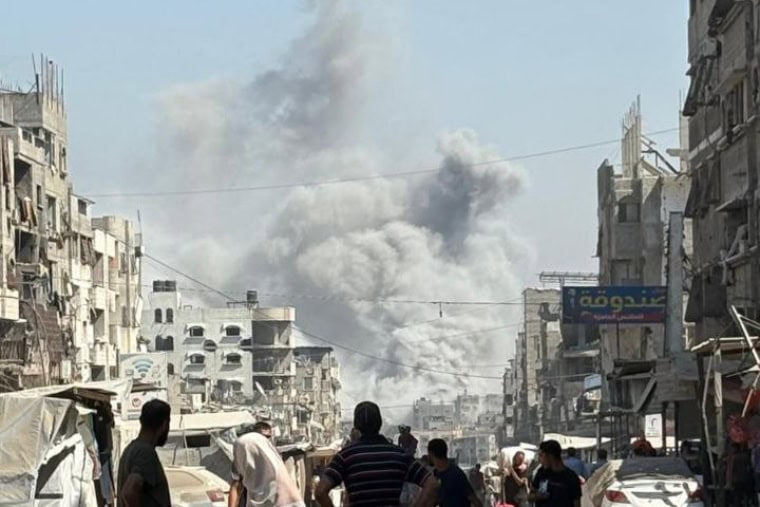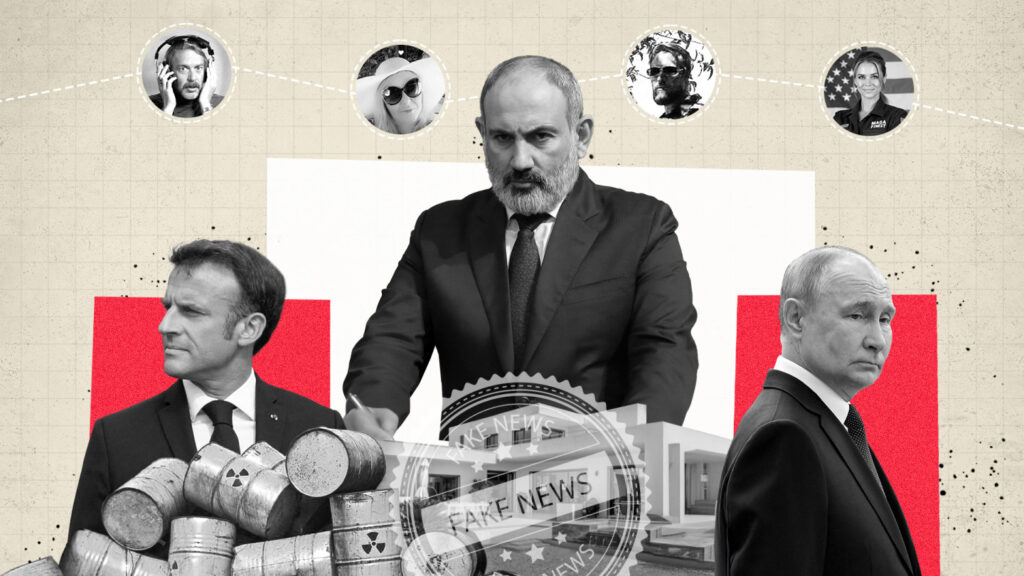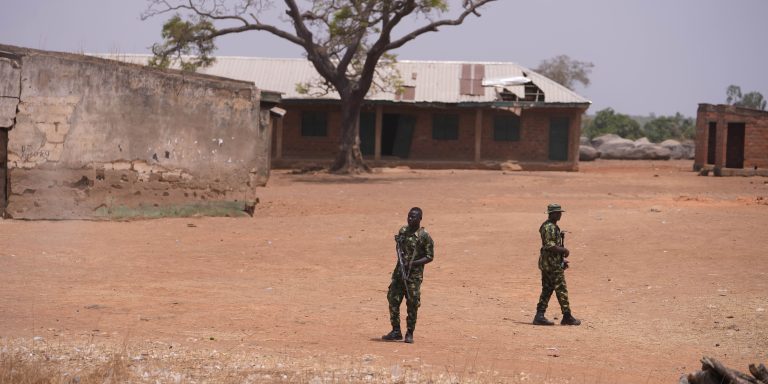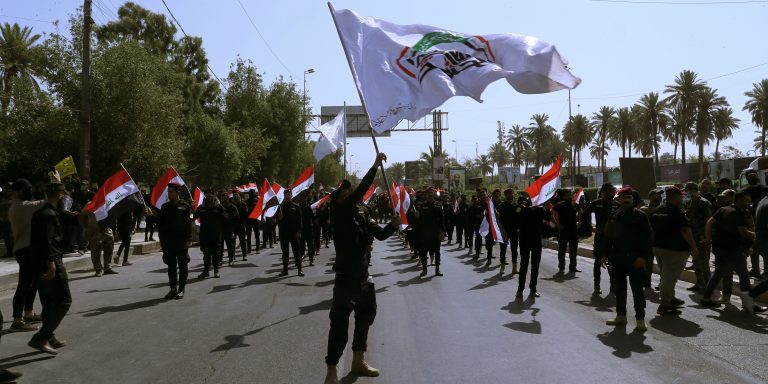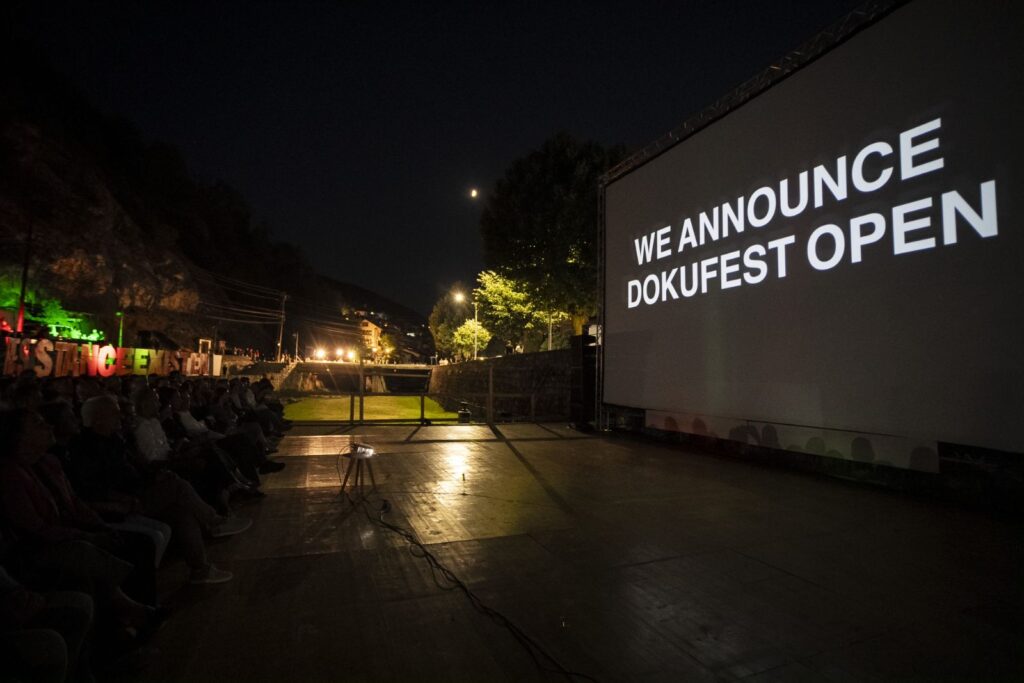Fin de l’accroissement naturel en France : doit-on s’inquiéter ?
Pour la première fois depuis longtemps, les décès sont supérieurs aux naissances en France. Est-ce vraiment une surprise, ou a-t-on tout simplement oublié de regarder les tendances ? Ce moment prévu est en réalité une conséquence de la fin de la transition démographique, engagée à la fin du XVIIIᵉ siècle.
Sans attendre le bilan annuel que l’Insee publie chaque année en janvier, l’économiste François Geerolf vient d’annoncer que le solde naturel de la France était d’ores et déjà négatif sur 12 mois (entre mai 2024 et mai 2025). Qu’est-ce à dire ? Le solde naturel, c’est la différence entre le nombre de naissances et le nombre de décès. Durant les 12 derniers mois, il y a donc eu plus de décès que de naissances en France.
Une surprise ? Pas vraiment, d’autant que quelques démographes comme Sandra Brée et Didier Breton avaient déjà interpelé sur cette éventualité. Une mise en perspective historique et internationale nous aidera à comprendre ce à quoi nous assistons aujourd’hui.
Un résultat attendu de la transition démographique
La mortalité correspond au nombre de décès comptés sur une année, que l’on exprime généralement sous la forme d’un taux brut en le ramenant à la population moyenne de l’année. La natalité est son équivalent pour les naissances. Leur différence donne l’accroissement naturel. En France, le taux brut annuel de mortalité au XVIIIe siècle était d’environ 35 décès pour 1000 habitants, contre 10 pour 1000 aujourd’hui. Le taux de natalité était à cette époque lui aussi à peu près égal à 35 pour 1000 : le taux d’accroissement naturel était donc faible.
Le passage de taux élevés de mortalité et de natalité (conduisant à un accroissement naturel faible) à des taux faibles (et donc à un accroissement lui aussi modeste, voire négatif) est désigné sous le terme de transition démographique. L’ouvrage de Jean-Claude Chesnais reste la référence pour comprendre ce phénomène, et rappelle bien les spécificités françaises. Ce moment démographique est cependant universel : il s’est amorcé en France et en Angleterre à la fin du XVIIIe siècle avant de se produire partout ailleurs, avec plus ou moins de décalage dans le temps.
C’est habituellement le développement économique et le changement social qui sont évoqués pour expliquer cette transition. La diminution de la mortalité, en particulier celle de la mortalité infantile, se manifeste par une meilleure survie qui rend moins nécessaire d’avoir beaucoup d’enfants pour espérer garder une descendance. Dans la configuration habituelle de la transition démographique, le taux de mortalité diminue d’abord, tandis que le taux de natalité reste élevé : cette situation engendre un fort taux d’accroissement naturel. Ensuite, le taux de natalité baisse à son tour jusqu’à rejoindre le taux de mortalité, ce qui fait ralentir l’accroissement naturel. Ce dernier oscille finalement autour de 0, et peut même devenir négatif.
Si la France fut pionnière dans la transition démographique, le mouvement de sa natalité fut singulier : elle commença très tôt à baisser, entraînant une hausse très modérée de son accroissement naturel. Cela lui valut notamment de voir la population de l’Angleterre la surpasser.
À la fin du XIXe siècle, on mesure en France des taux d’accroissement naturels négatifs qui pourraient faire penser que la transition démographique est en voie d’achèvement : les taux bruts de mortalité et de natalité sont alors aux alentours de 20 pour 1000. Cela doit nous rappeler que la France a déjà connu des taux d’accroissement naturel négatifs.
Cependant, dès le début du XXe siècle, et à l’exception des périodes de guerre, l’accroissement naturel a repris en France, porté par une fécondité supérieure à 2 enfants par femme. La fécondité mesure le nombre moyen d’enfants qu’ont les femmes, et ne doit pas être confondue avec la natalité, c’est-à-dire le nombre de naissances dans une société donnée : celle-ci dépend en effet aussi du nombre de femmes en âge d’avoir des enfants dans la population.
Les longues conséquences du baby-boom
Au sortir de la Seconde Guerre mondiale, partout en Europe, la fécondité repart à la hausse, entraînant une augmentation de la natalité. On appelle baby-boom cette période durant laquelle la France connaît le plus fort accroissement naturel de son histoire.
En 1973, lorsque le baby-boom s’arrête, la fécondité descend rapidement pour atteindre un minima de 1,66 enfant par femme en 1993 et 1994. Elle remonte cependant jusqu’à 2,02 en 2010, avant de reprendre sa chute jusqu’à aujourd’hui. Les naissances étaient plus de 800 000 par an en 2014, et chutent brutalement depuis : on en dénombre encore 663 000 en 2024, un chiffre relativement élevé qui s’explique par le nombre important de femmes en âge de faire des enfants dans la population. Grâce notamment à la baisse régulière de la mortalité à tous les âges, l’accroissement naturel n’avait jusqu’alors pas trop faibli. Néanmoins, on note depuis 2005 une hausse du nombre de décès, due à l’arrivée en fin de vie des générations nées avant la 2ee guerre mondiale. Ce mouvement s’intensifie avec le vieillissement des baby-boomers, nés à partir de 1946.
Les autres pays européens ont connu des dynamiques bien différentes : Italie, Espagne, Portugal, Grèce expérimentent depuis les années 1990 un accroissement naturel négatif, dû à des fécondités très faibles – depuis plusieurs décennies en dessous de 1,5 enfant par femme pour beaucoup de pays. En Allemagne, cette situation dure depuis le milieu des années 1970.
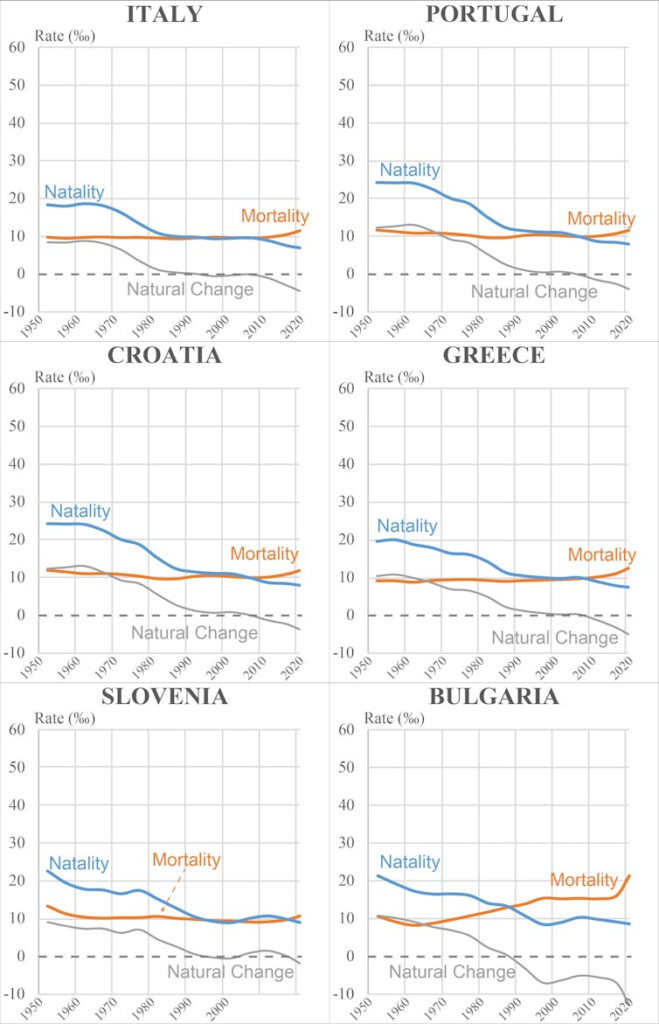
Dans ce contexte, la France a donc longtemps fait figure d’exception. Si la natalité ne remonte pas dans les mois qui viennent, 2025 sera ainsi la première année où ce pays connaîtra un accroissement naturel négatif depuis plus d’un siècle, hors périodes de guerre.
Quelles conséquences pour la croissance de la population française ?
La population française doit, depuis longtemps – on pourrait presque dire depuis toujours – sa croissance démographique générale à sa croissance naturelle. L’accroissement de la population lié aux migrations, bien que toujours positif, était jusqu’ici bien moindre que la croissance naturelle.
Aujourd’hui, le solde naturel devenant négatif, c’est le solde migratoire (c’est-à-dire la différence entre le nombre d’arrivées et de départs du territoire) qui va assurer la continuité de la croissance démographique française. Celle-ci ne va donc pas cesser, même si elle va ralentir : elle reposera par ailleurs davantage sur l’immigration que sur sa dynamique naturelle. Il n’en demeure pas moins que le nombre de naissances reste supérieur à 600 000 par an, alors que les arrivées de migrants sur le territoire n’atteignent que 250 000. Cela correspond, une fois déduits les départs, à un solde migratoire de 100 000 à 150 000 personnes par an.
Il naît ainsi largement plus d’enfants sur le territoire français qu’il n’y arrive de nouveaux résidents. La fécondité de ces derniers se calque par ailleurs rapidement sur la fécondité des pays d’accueil. Non seulement le risque d’un « grand remplacement » n’est pas réel, mais des études relativement récentes études soulignent également que le modèle d’intégration français fonctionne encore très bien.
Le vieillissement de la population va maintenir mécaniquement la mortalité à un niveau plus élevé pendant plusieurs décennies. La natalité ne pourra, quant à elle, remonter que si la fécondité augmente. Or, il est difficile d’y voir clair sur les conditions qui pourraient permettre une telle hausse de la fécondité : si celle-ci est d’abord liée aux envies individuelles des couples, les facteurs qui influencent ces envies sont difficiles à modéliser.
Vers la fin d’une exception française
La fécondité et la natalité françaises sont longtemps restées des exceptions en Europe, et, hormis quelques démographes, peu ont vu venir le décrochage des naissances à compter de 2015. Avec 10 ans de recul, on comprend désormais que les tendances ont changé. Si le basculement vers des soldes naturels négatifs n’induit pas à proprement parler de rupture, il s’agit tout de même d’un moment symbolique, qui remet sur le devant de la scène la question de l’évolution de la population française et des conséquences possibles de cette évolution pour la société.
Ces conséquences sont variées et affecteront assurément l’économie – à commencer par le financement des retraites. Des questions culturelles et géographiques se poseront sans doute également, puisque cette situation viendra interroger la place des jeunes dans une société où ils seront de moins en moins nombreux, tout en accentuant les inégalités entre les territoires en fonction du nombre de seniors y résidant.
Ce n’est cependant pas non plus tout à fait un saut dans l’inconnu : la société allemande est confrontée à cette situation depuis 50 ans, la plupart des autres pays européens depuis au moins une trentaine d’années. La société française devrait, elle aussi, pouvoir s’y adapter.

